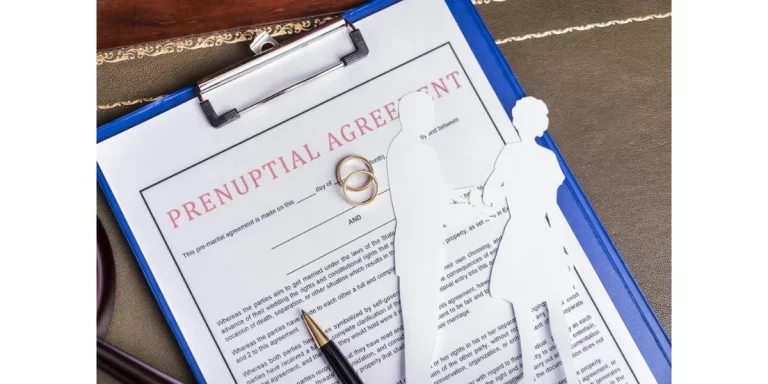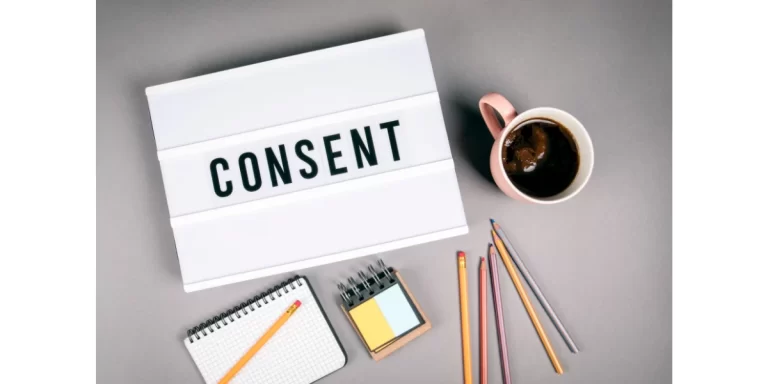The topic of child custody is both delicate and significant, with the child’s best interests always at the forefront.
One aspect that has gained increased attention in recent legal discussions is the impact of emotional abuse on custody decisions.
While physical harm is tangible and often more straightforward in legal settings, emotional abuse presents challenges and considerations.
Distinguishing Between Emotional Abuse and Normal Parenting Stress
| Emotional Abuse | Normal Parenting Stress |
|---|---|
| Intentionally or repeatedly causing emotional harm to a child | A temporary loss of temper or a single instance of yelling |
| Aims to control, manipulate, or intimidate the child | Does not aim to harm the child |
| Can have lasting negative effects on the child’s emotional development | Does not have lasting negative effects on the child’s emotional development |
| Examples: name-calling, putdowns, threats, humiliation, isolation | Examples: yelling at a child for making a mistake, getting frustrated with a child’s behavior |
Can a Parent Lose Custody for Emotional Abuse?
Yes, emotional abuse can lead to a loss of custody in Australian law. The Family Law Act 1975 states that the child’s best interests are paramount in all matters relating to children.
This means the court will consider all the case’s circumstances, including the child’s emotional well-being when making custody decisions.
Emotional abuse can significantly negatively impact a child’s emotional well-being. It can cause them to feel insecure, worthless, and afraid. It can also damage their self-esteem and their ability to form healthy relationships.
If the court finds that a parent has emotionally abused their child, it may decide to award custody to the other parent or a third party. The court may also order supervised visitation or restrictions on the abusive parent’s contact with the child.
Also read: Victim Mentality Signs and Their Effect on Actual Victims
Role of Family Reports in Assessing Emotional Abuse
A Family Report, often crafted by a court-appointed expert, provides an independent assessment of the family’s circumstances and can be instrumental in highlighting instances of emotional abuse.
These reports delve deep into family dynamics and are particularly valuable in cases of family violence in parenting proceedings.
Role of Child Welfare Services Play in Emotional Abuse Cases
If there’s a suspicion of emotional abuse, it may be reported to Child Welfare Services, leading to an investigation. Click this link for more detailed insights about mandatory child abuse and neglect reporting in Australia.
Upon a report of abuse, agencies play a critical role in assessing the child’s environment. They collaborate closely with courts to ensure a child’s safety and well-being.
Throughout this process, seeking expert advice is crucial. For instance, if you believe emotional abuse is ongoing, obtaining an AVO for Emotional Abuse might be an appropriate step, and consulting with AVO Lawyers can provide guidance tailored to individual situations.
Can Allegations of Emotional Abuse Be Made Falsely?
Yes, allegations of emotional abuse, like any other form of abuse or misconduct, can be made falsely.
False allegations can arise for various reasons, including but not limited to misunderstandings, manipulation, revenge, or the desire to gain an upper hand in legal disputes (e.g., child custody battles).
Legal Consequences of Making False Claims in Court
Making false claims in court is a serious offence in many jurisdictions worldwide, including Australia.
The legal consequences can vary depending on the nature of the false claim, the legal system of the jurisdiction, and the context in which the claim is made.
Here are some potential consequences of making false claims in court:
- Perjury
- Obstruction of Justice
- Contempt of Court
- Civil Liability
- Loss of Credibility
- Professional Consequences
- Impact on Future Proceedings
- Reversal of Decisions
- Costs and Restitution
Also read: When Words Hurt: AVOs as Defense Against Verbal Abuse
Case of Corwin & Corwin [2018] FamCAFC 83
Background:
In 2018, the Federal Circuit Court in Brisbane heard the complex case of Corwin & Corwin, centred on allegations of domestic and emotional abuse. The Corwins, who started their relationship in 1996 and separated in 2016, have nine children.
Their relationship was fraught with conflict, compounded by substance abuse. After their separation, concerns arose about Ms. Corwin’s care for the three youngest children, resulting in their relocation to their father’s custody.
Parenting orders finalised in November 2017 granted the father sole responsibility for the five youngest children. Both parents had a history of domestic violence, with the father having made positive behavioural changes post-2016, while the mother had not acknowledged her issues.
Expert Testimony:
Based on her interviews with six older children, Ms. S, an expert family report writer, detailed the children’s experiences.
They recounted the mother’s physical and emotional abuse, including intoxication, verbal derogation, and violence. In contrast, while the children acknowledged their father’s past behaviour, they noted his recent improvements.
Ms S’s report found the children’s distress genuine, attributing the emotional harm to their mother. She recommended keeping the siblings together, citing their strong bond.
Appeal and Verdict:
In 2018, the mother contested the 2017 parenting orders, alleging the trial judge’s over-reliance on Ms S’s report and accusing the father of coaching the children against her. She sought custody of the three youngest children.
However, her claims conflicted with the evidence. The appeal judge upheld the trial judge’s reliance on Ms. S’s expert testimony, noting its consistency with other evidence. The mother’s appeal was dismissed, establishing the court’s stance on safeguarding children from maternal domestic violence.
Concerned about the Complexities of Custody Battles Involving Emotional Abuse?
Ensure your rights and your child’s well-being are prioritised. Reach out to Justice Family Lawyers, experts in navigating the intricacies of family law. Let us guide you with dedication, knowledge, and compassion. Secure a brighter future for your child today.
Principal of Justice Family Lawyers, Hayder specialises in complex parenting and property family law matters. He is based in Sydney and holds a Bachelor of Law and Bachelor of Communications from UTS.





